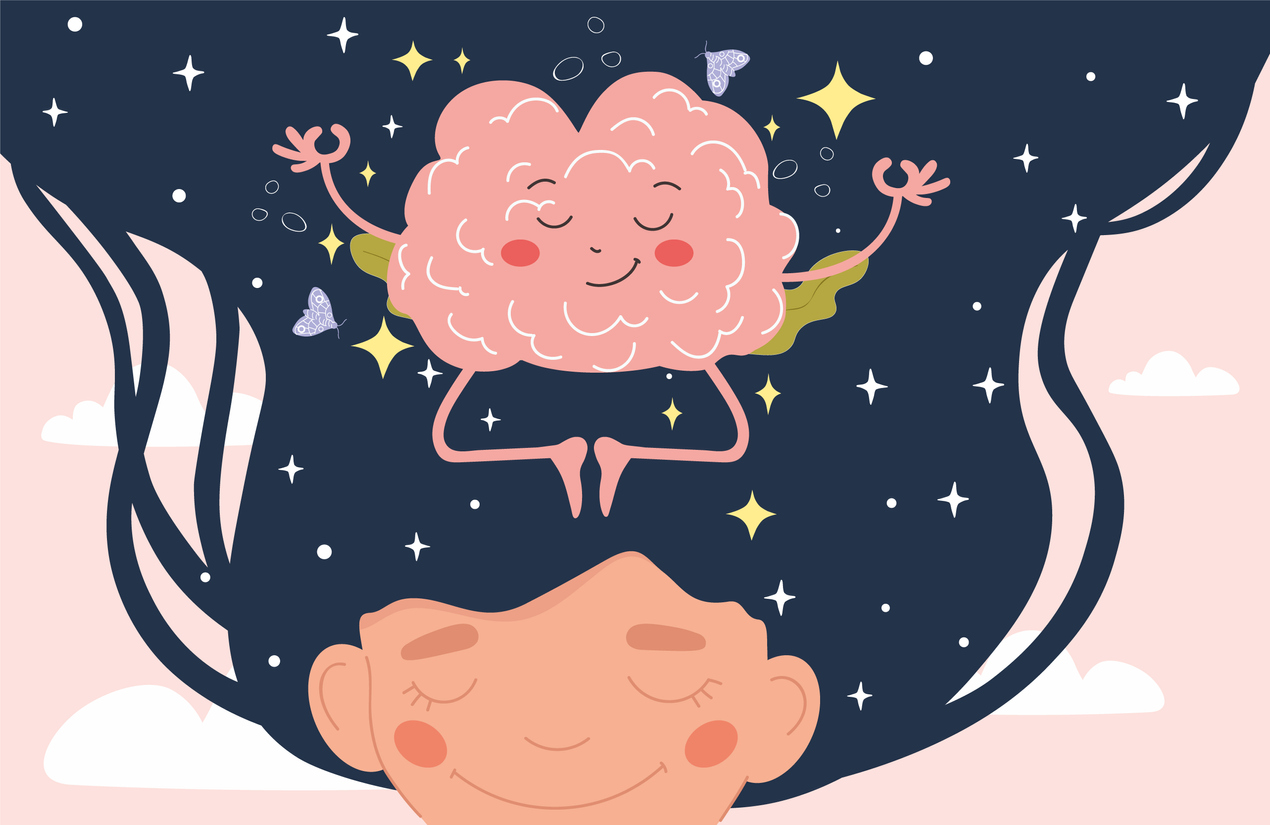Living with Chronic Pain
ICU Stays and the Risk of Developing PTSD

Research shows that approximately 25% of people who survive a stay in a hospital intensive care unit (ICU) develop post-traumatic stress disorder (PTSD). Symptoms of PTSD, such as anxiety, depression, nightmares, or other emotional distress, may develop after leaving the hospital. Future medical procedures or even watching a hospital scene in a movie can trigger anxiety, panic attacks, or flashbacks in individuals with PTSD related to an ICU stay. Necessary preventative medical appointments or other medical care may be avoided as a result.
Risk factors
Risk factors for developing PTSD after being in the ICU include having a preexisting mental health condition, such as anxiety or depression, or receiving large amounts of sedating medication while in the ICU. People who have been on a ventilator or who are in the ICU for at least one week are also more likely to develop PTSD.
Post-intensive care syndrome (PICS)
PTSD is one part of a condition known as post-intensive care syndrome (PICS). Other symptoms of PICS include cognitive effects, such as memory loss, and physical effects, such as fatigue, muscle weakness, or loss of balance.
One effective way to help prevent PICS is for care providers and family members to keep an ICU diary for the person who is hospitalized. Daily entries in a diary can help them process the experience in the future and form more accurate memories of their time there.
Treatment for PTSD/PICS commonly includes a combination of psychological counseling, behavioral therapies, and medication.


















